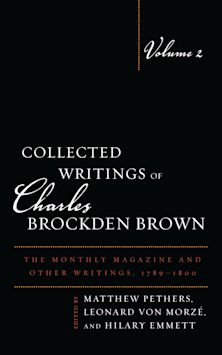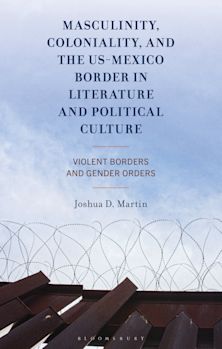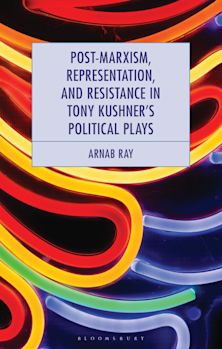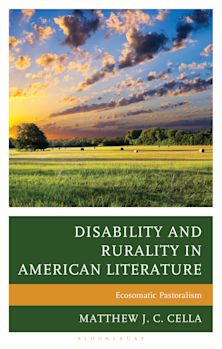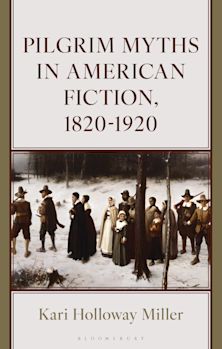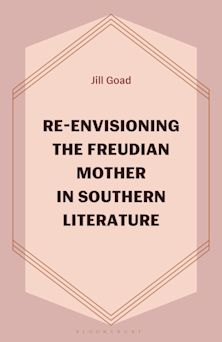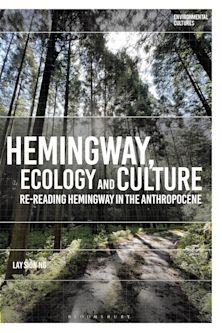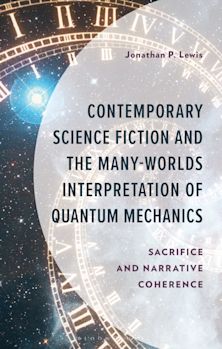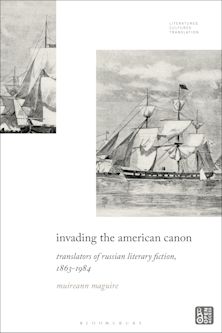- Home
- ACADEMIC
- Literary Studies
- North American and Caribbean Literature
- Adalberto Ortiz
You must sign in to add this item to your wishlist. Please sign in or create an account
Description
Pablo Adalberto Ortiz Quiñones (1914–2002) was one of the most gifted writers in Ecuador and all of Latin America. Yet outside of Ecuador and amongst Afro-Hispanic literature scholars in the United States, little critical attention has been given to this pioneer whose multi-genre contributions spanned decades. In his writings, Ortiz explores some of the defining social issues in the Americas since the African and European encounters with the New World, including the notion of “race.” He articulates a complex process of affirming the ethnic while not denying the national. Consequently, miscegenation—a biological process—as well as acculturation are motifs in his writings, which explore the essence of what it means to be Ecuadorian. Ortiz does not dwell upon the so-called “race” question, the issue that causes such anxiety and hostility, overtly and covertly, in the United States. Rather, he explores, in depth, ethnicity, class, and caste in his earlier writings and evolves into an international writer while maintaining a strong black awareness. Adalberto Ortiz’s transcendence of victimization to a broader view of the world is indicative of the title of Marvin A. Lewis’ analysis —from margin to center—and reflective of the approach taken by many Afro-Hispanic writers. The dialectical nature of Ortiz’s writings makes his work particularly interesting and rewarding, as revealed in Adalberto Ortiz: From Margin to Center.
In this book, Lewis examines the form and content relationships between works published during different literary periods and movements. Emphasis is placed on Ortiz’s transition from the local to the international in each genre, and the theoretical approach is “eclectic,” depending upon the exigencies of the texts. Ecocriticism, post-colonialism, post-modernism, and other methodologies addressing the environment, place/displacement, identity, and historiographic metafiction are fundamental to the Lewis’ readings of Ortiz’s prose and poetry.
Table of Contents
Acknowledgments
Introduction
Chapter 1: The Novel: From Negritud to the Postmodern
Chapter 2: Poetry: Afrocentrism, the Diaspora, and the West
Chapter 3: The Short Story: the Regional, the Folkloric, and the International
Conclusion: Diasporic Interconnections
Select Bibliography
Index
About the Author
Product details
| Published | Feb 14 2014 |
|---|---|
| Format | Ebook (Epub & Mobi) |
| Edition | 1st |
| Extent | 170 |
| ISBN | 9781611461343 |
| Imprint | Lehigh University Press |
| Series | New Directions in Africana Studies |
| Publisher | Bloomsbury Publishing |
About the contributors
Reviews
-
This book is unique because it is the first work in English devoted to study of the fictional oeuvre of Ecuadorian writer Adalberto Ortiz, who is one of the pioneers in African diaspora studies in the Americas. Using a variety of analytical methods, including ecocritical, postcolonial, and postmodern approaches, Lewis explores all of Ortiz's novels, short stories, and poetry. Lewis's intent is to present the evolution of Ortiz as a writer in different genres in order to underscore the need for more discussion of his writing as well as to challenge and expand relevant studies in the African literary diaspora. According to the author, Ortiz viewed his literary expressions as inseparable from his biological heritage. Lewis claims that Ortiz applied an insider's perspective of black culture in writing about slavery, race, and social issues and narrating the genetic exchange involving Indians, Africans, and Europeans in Ecuador. Lewis concludes that Ortiz's prose and poetry went from the 'ethnic margins to the literary mainstream,' going beyond generations and parochial cultures. This book is of greatest interest to scholars of Latin American and African diaspora literature, particularly in Ecuador. Summing Up: Recommended. Graduate students, researchers, faculty.
Choice Reviews
-
Marvin Lewis makes a determined case for including Adalberto Ortiz in the literary canon of Latin American and diasporan studies. His study encompasses the major genres in Ortiz’s literary production, with detailed analysis of individual works in each genre. . . .[R]eaders come away with a very good grasp of the major outlines, thematic content, and trajectory of Ortiz’s work.
Research in African Literatures












